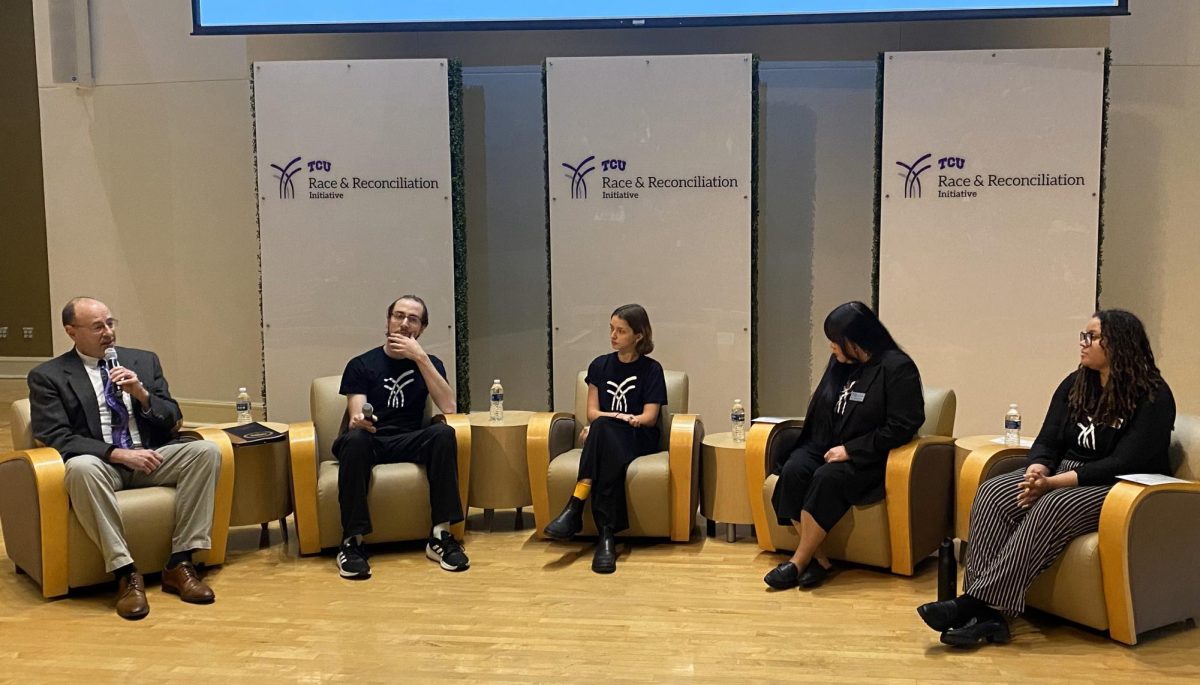In the past decade, several events have shown how well Americans can come together in the face of a crisis. Natural disasters like Hurricane Katrina and horrifying tragedies like Sept. 11 rallied the nation, with people coming together to assist those most impacted.
Massive relief efforts within the United States should be applauded, and similar responses should be encouraged when disasters occur abroad.
Following Tuesday’s devastating earthquake in Haiti, the strongest to hit the country in more than 200 years, governments from around the world mobilized aid to assist the underdeveloped nation. Individual American citizens should also be responding in the same generous and compassionate manner that they would if the same event occurred on American soil. Haiti lacks the necessary tools to cope with the effects of a natural disaster on this scale and Americans have the ability to help.
This is particularly true because of the convenience with which help can be given today. Various companies and organizations are offering services, such as mGive, where people can donate money to a specific relief effort over the Internet or via text message.
Most Americans are fortunate enough to be in a position to help those who need and deserve it. All it takes is a few minutes out of your day.
Managing editor Logan Wilson for the editorial board.




